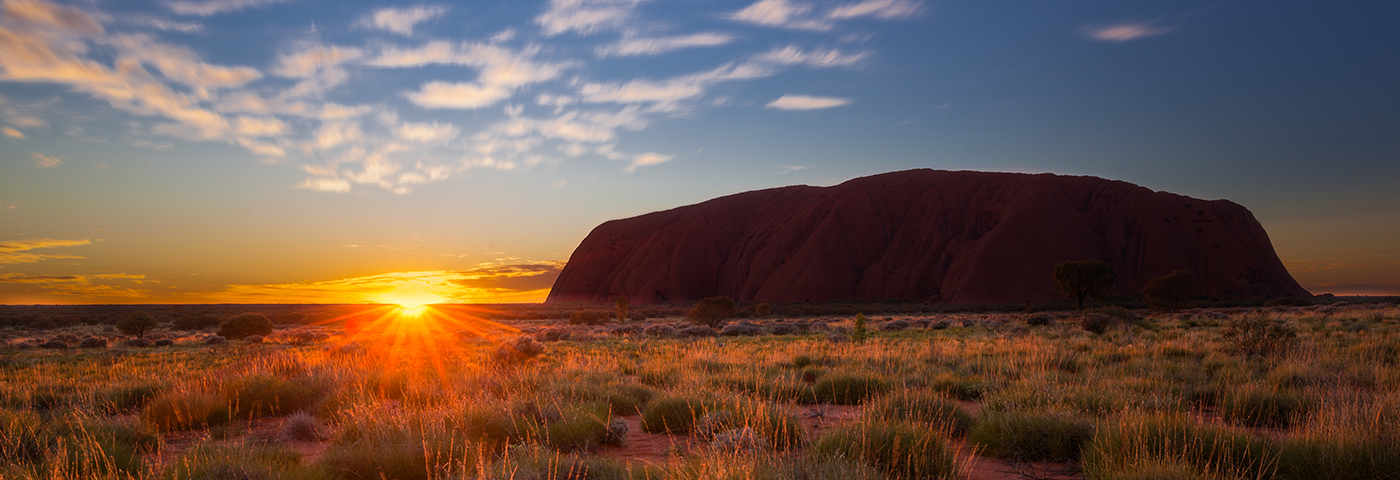With the International Year of Sustainable Tourism for Development drawing to a close, I’ve looked back through the year’s headlines to chart an extremely personal selection of highlights from 2017…
From Montego Bay to Kigali, 2017 saw a lot of Declarations. Of them all, the one that matters most is the Berlin Declaration on Transforming Tourism, which argues that “self-determination of communities must be at the core of every tourism development.”
There were also a lot of pledges. Both the UNWTO and WTTC launched them. Venice and Iceland – two destinations grappling with overtourism released their own. And this month the Pacific Island state of Palau got more column inches than all the others with its Palau Pledge, which now gets stamped into the passports of every tourist entering the country.
While these pledges focussed attention on the role that tourist behaviour might play, some companies also looked to commit themselves to more meaningful action. Both Expedia and Thomas Cook said they were to drop certain animal attractions over welfare fears. Instagram added warnings to educate users about cruelty from wild animal selfies.
World Expeditions, Projects Abroad and Intrepid Group all said they were pulling out of orphanage tourism. And at the end of the year, responsibletravel.com launched a campaign to highlight the environmental damage caused by ski resorts relying on artificial snow, pledging that it would only “promote winter holidays that either take place in locations where no fake snow is produced, or run at a time of year when the likelihood of snow being manufactured is low.”
Banksy mixed politics, art and tourism by opening the ‘Walled off Hotel’ in Bethlehem. Several German airline pilots refused to carry out deportations of rejected asylum seekers. Airbnb debuted a new platform to provide accommodation for refugees. And the summer long ITACA Italian festival of responsible tourism made Travellers and Migrants its overall theme.
Oxfam Canada published a report highlighting the exploitation of women working as hotel housekeepers, while Shiva Hotels launched an action plan to tackle modern slavery in the hospitality sector. By the end of the year, hotel workers were featured in Time magazine’s annual Person of the Year cover. This year the accolade went to ‘The Silence Breakers’, including: “the hotel housekeeper who never knows, as she goes about replacing towels and cleaning toilets, if a guest is going to corner her in a room she can’t escape.”
Several initiatives were launched throughout the year that looked to better measure tourism’s impact on the environment and the communities where it happens. Griffith and Surrey Universities released the Global Sustainable Tourism Dashboard. Greenview launched a portal to make it easier for hotels to gather environmental data. The International Tourism Partnership (ITP) created the Water Risk Monetizer to help hotels assess water risk. Then working together, Greenview and ITP published a report saying hotels must cut carbon emissions by 90%.
Botswana introduced a $30 tourist tax. Amsterdam said it was going to increase its charges, and the Balearics said they would double theirs. Venice imposed hefty fines on badly behaved tourists.
Kerala announced a state-wide Responsible Tourism Mission. Sweden listed the entire country on Airbnb. Having measured the value of reefs around the planet and published the Atlas of Ocean Wealth, the Nature Conservancy collaborated with Swiss Re to launch the world’s first insurance policy for a coral reef – with local tourism businesses paying the premiums.
All of these responses were put into perspective, however, when still reeling from the devastation brought by hurricanes Irma and Maria, Caribbean leaders called on the world to support an ambitious plan to help their islands create the world’s first ‘climate-smart zone’.
The final word for 2017 goes to the First Nations around the world. Well done to G Adventures who worked with indigenous leaders to release the Responsible Travel with Indigenous People Guidelines. I cheer the news that climbing on Uluru will finally be banned from 2019.
My favourite story of the year is not well known. It concerns the Whanganui Iwi, who won a 100 year long battle over the rights of the Whanganui, New Zealand’s longest navigable river. Earlier this year, the country’s parliament passed the Whanganui River Claims Settlement Bill, acknowledging past wrongs and declaring the river “an indivisible and living whole”, granting it legal status similar to a human being. It now has two human representatives, whose role is to stand up for its rights. This is so new a concept that no one really knows how it will play out.
But as with the hotel workers, silence has been broken. And if this means a voice, and a legally recognised one, has finally been given to nature, then I look forward to listening to what it has to say in the years to come.



knowledgeable article for many viewers .. thanks for sharing this useful information with us on this platform
Great summary Jeremy, many thanks. You have covered a lot but I have something to add to the bit on increasing tourists charges (Botswana, Amsterdam etc). In 2017, the number of visitors to Protected Areas in the Republic of Georgia increased by 35% compared to 2016, and many places can’t cope as the numbers way exceed the permissible limit. In August 2017, the Agency of Protected Areas of Georgia decided to increase service fee at several protected areas, and charge foreign tourists more than the domestic ones.